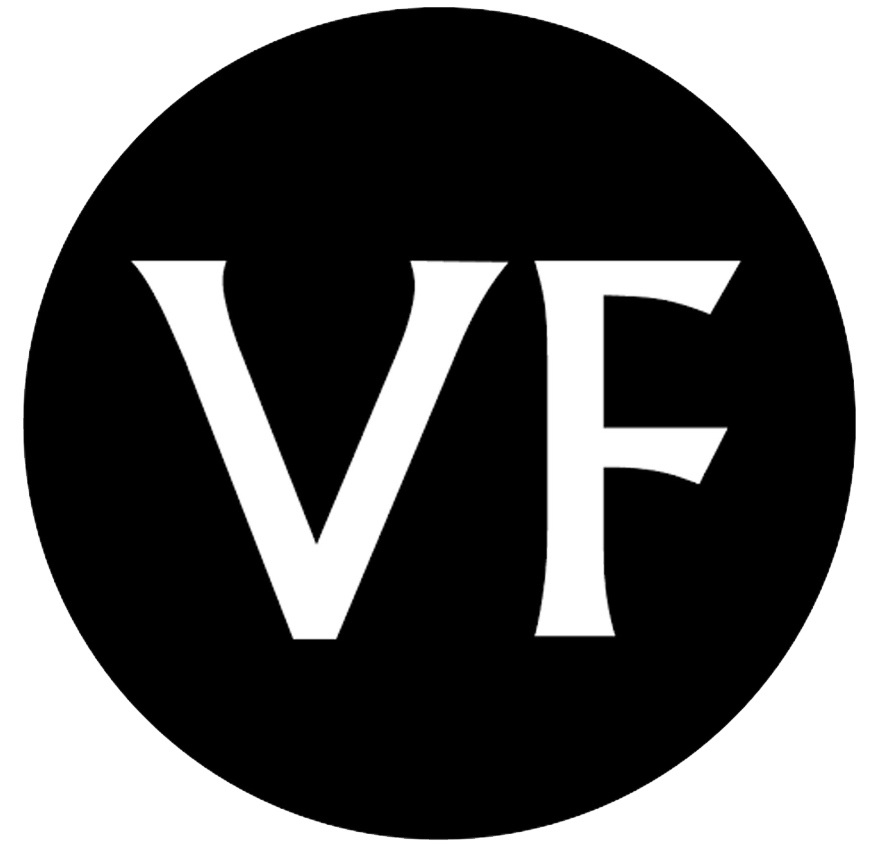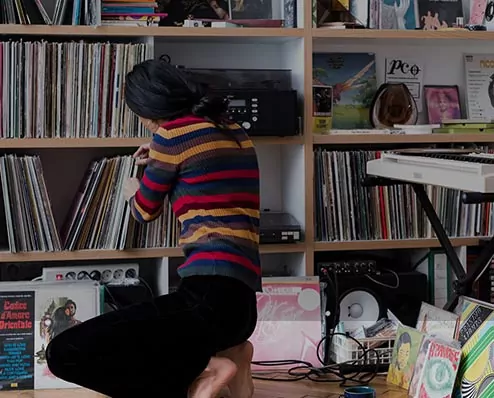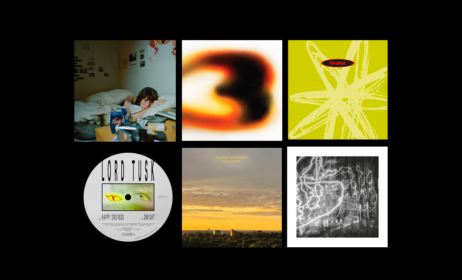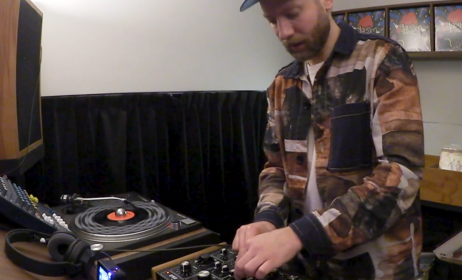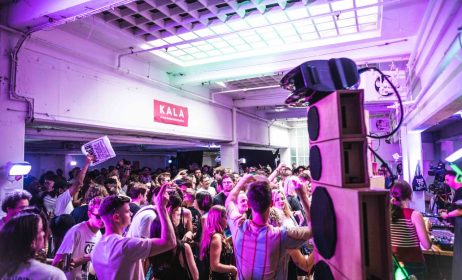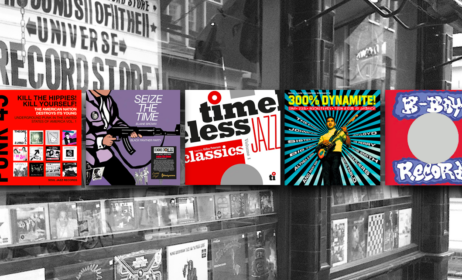Published on
August 25, 2015
Category
Features
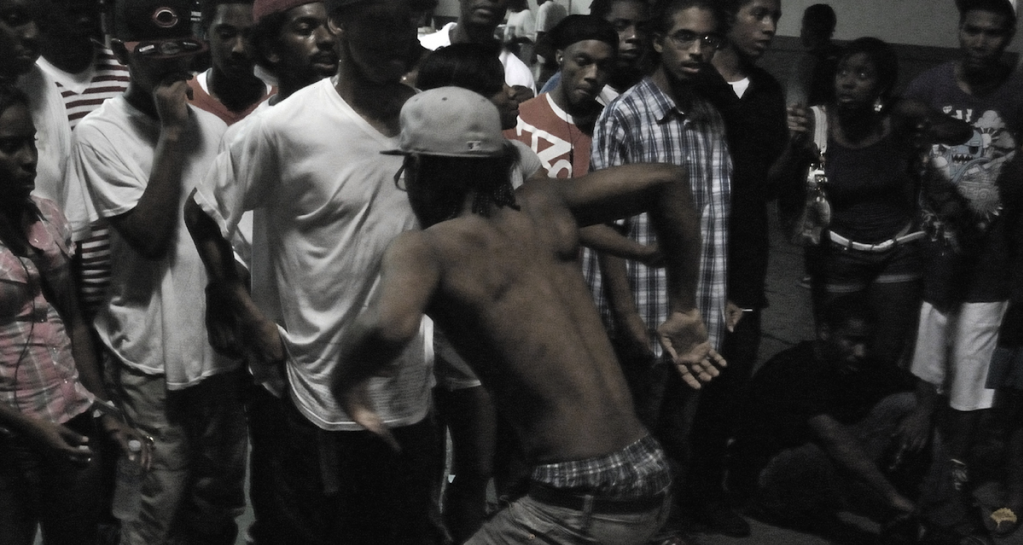
Footwork was alive in Chicago for nearly two decades before Planet Mu’s involvement. Yet it still remained a drastic shock-of-the-new for unaccustomed listeners, albeit one gradually softened by Rashad and Spinn’s championing of the genre in clubs worldwide. “That’s an amazing feeling,” enthuses Marcus Scott, who since 2009 has been label manager of Hyperdub as well as working on press and A&R for Planet Mu. Scott has known Paradinas since the Rephlex era, having worked for the latter label in the early-to-mid 2000s. “If you’re confused by something initially then you should probably stick with it. That’s an important component of when you [encounter] something really special in electronic music.” He likens discovering footwork to hearing jungle and drum ’n’ bass for the first time as a teenager. “You’re there thinking, this is definitely dance music – but it’s not, is it? It pulls on the past and propels it hard into the future, speeds it up and accelerates it entirely. That was a similar feeling to how I felt when I heard footwork. The bpm was faster than people had experienced for a while, and it was much more brutal – things stop, they’re like wormholes, and repetitions of taunts. It was real belief to put those records out. It was just like, this will eventually do well,” he laughs. “People will eventually understand this.”
Over the several years of Mu’s involvement with the footwork community, Spinn and Rashad’s Teklife collective – formed out of the Ghettoteknitianz clique and now a worldwide network with members ranging from Chicago to Belgrade to London – also forged strong links with Scott and Hyperdub founder Kode9. This led in 2013 to the release of Rashad’s Double Cup album on Hyperdub, which posited how footwork could sound when it thought globally: just as turbulent and dancer- focused, but slickly produced, accessible and open to hybridisation. Even after DJ Rashad passed away suddenly in April 2014, only months after the album’s release, Teklife’s Spinn, Taso, Earl and Taye continued to tour, building on the momentum they’d gathered.
Although Teklife remain the main face of footwork beyond its home city, splinter scenes have also formed elsewhere. Both RP Boo and Litebulb speak enthusiastically about the Japanese community, whose hubs in Osaka and Toyko have formed their own network of labels, DJs, crews and dancers. “They built an entire culture mirrored after our culture in Chicago,” says Litebulb. Touring there was, he says, “amazing. It was kind of like a future Chicago, everybody working together, no violence. They really respect and appreciate it.” Back at home, he admits, the presence of the footwork community in Chicago has waned in recent years. Founding The Era and fostering an increased sense of collaboration between producers, dancers and audience in their home city, he says, is all part of the effort to revitalise it once again.
“I think it’s kind of coming back a little bit, I’ve got to say,” says Glasspiegel of footwork in Chicago in 2015. “It’s more popping now than it was six months ago, a year ago, and that’s exciting. One of my friends was driving on the south side a few nights ago, and at midnight someone was footwork-ing their ass off right in front of a Foot Locker, on the street. That was like a vision, you know. This thing is still in people’s bodies and it’s still in the streets, it’s still important, it still provides that outlet for a certain type of energy that needs an outlet, that doesn’t get it in other styles of culture,” he says. “There’s still a need for all the things that footwork provides.”
Pre-order the compilation on µ20 on vinyl and digital now.
Planet Mu will celebrate their 20th anniversary at Village Underground in November with µ-Ziq, Ital Tek, Ekoplekz and more. Click here for tickets and more info.
